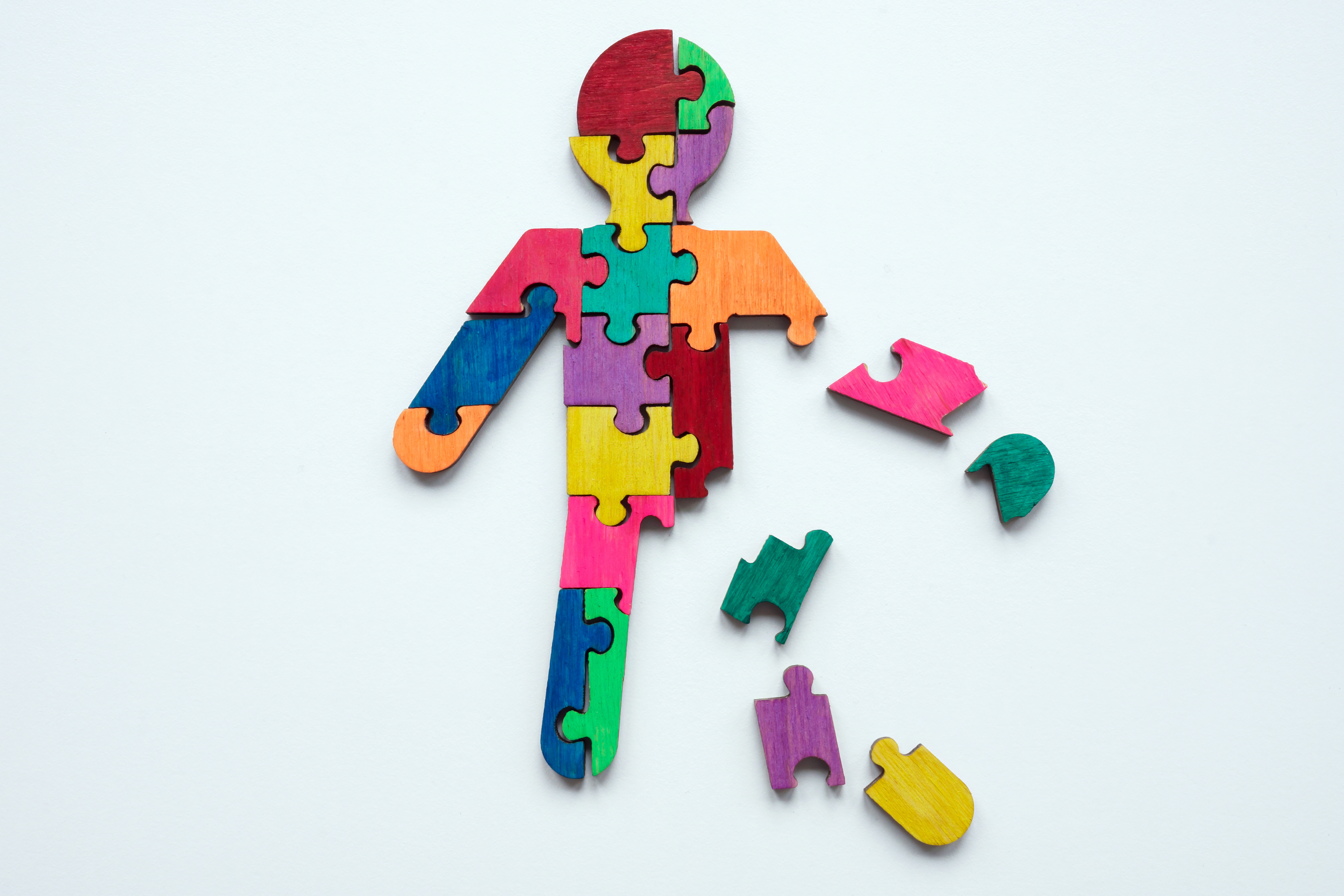How to support your mental health with self-care
5/15/2025 3:24:04 PM

Self-care is about finding practices that help you thrive. Self-care can help you maintain or improve your daily mental wellbeing. This is especially important if you are deaf, deafblind or hard of hearing, because of the extra work you may do to ensure your communication access.
Self-care doesn’t have to be time consuming or expensive. It only needs to work for you.
The Mental Health Coalition suggests four types of self-care:
- Physical: Notice and address the stress that shows up in your body. Notice what physical activities reduce or alleviate physical pain, tension and mental stress for you. Some ideas are breathing, hugging yourself or loved ones with their consent, your preferred form of movement or exercise, and boundary setting.
- Emotional: Pay attention to your mood and feelings and care for your emotional self. This can include connecting with others, naming and acknowledging your emotions, psychotherapy, journaling or creative writing, art and setting boundaries for your emotional wellbeing.
- Cognitive: Do things that are good for your brain. This can include reading, writing, playing games, watching films and learning new things that you can apply to your life.
- Spiritual: Get in touch with the less tangible aspects of yourself and the world around you. This does not mean you must go to church, temple or mosque, though you can do that if you want to. Other ideas are meditation, breathwork, prayer and mantras.
Steps to build self-care into your life
- Chose a type of self-care that fits your needs.
- For more ideas to get started, you can visit JED Foundation's Practice Self-Care page. Videos are captioned.
- For tips on meditation and mindfulness in American Sign Language, you can check out My Deaf Therapy's Meditation and Mindfulness videos.
- Set aside time for self-care.
- Practice the self-care activity you've chosen.
- Repeat or try a different self-care activity, until you find what works for you.
Your self-care needs can change over time. It is okay to change what you do for self-care to fit your life. For more information If you have questions or would like more information about mental health resources for people who are deaf, deafblind and hard of hearing, please contact us.

